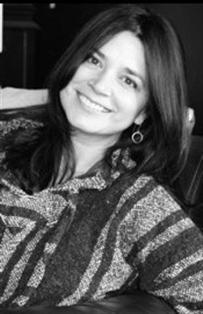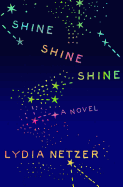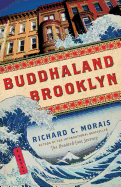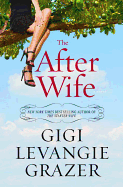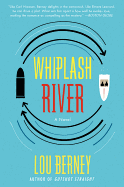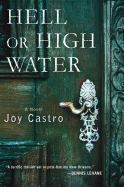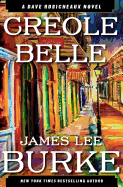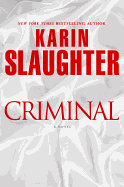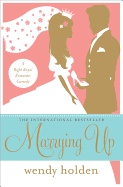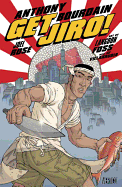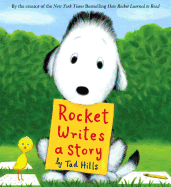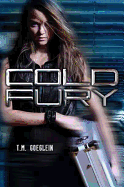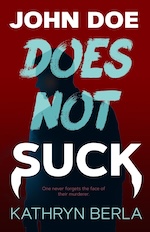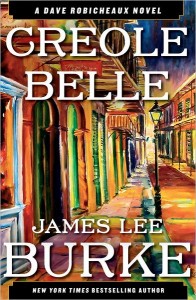 Creole Belle (Simon & Schuster) is the latest in James Lee Burke's popular series set in Louisiana, starring police officer Dave Robicheaux that began with Neon Rain in 1987. (See our review below.)
Creole Belle (Simon & Schuster) is the latest in James Lee Burke's popular series set in Louisiana, starring police officer Dave Robicheaux that began with Neon Rain in 1987. (See our review below.)
How did the character of Dave Robicheaux come about?
Well, I was out of print for 14 years--out of hardback print in the middle of my career. I couldn't sell anything. A friend of mine suggested I try a crime novel, even though my other books all dealt with crime on some level. So in this instance, I used a first-person narrator who was a police officer, Dave Robicheaux. He was actually born in another novel, about an ex-Golden Gloves boxer, though I was never able to publish that book. I combined some of the material from my unpublished period to create a trilogy: Neon Rain, Heaven's Prisoners and Black Cherry Blues. That was my attempt at Milton's Paradise Lost and Paradise Regained. I don't compare myself to Milton, but those books are about the descent into the abyss.
The people at LSU Press really resurrected my career. They published my collection of stories, The Convict, in 1985, and the following year they published The Lost Get-Back Boogie. That one had been rejected 111 times over a nine-year period. It's a record in New York publishing. It's the most rejected book to ever be eventually published. And since then, it's been published all over the world. LSU Press did it. I'll always be indebted to them; they're just the greatest people you could ever meet. They represent everything that's genteel in Southern culture and genteel in American publishing.
Why do you think readers connect with Dave Robicheaux?
I tried to create a character who represented the everyman figure out of the medieval morality plays. It's that simple. It's the great advantage today of having a classical education: almost no one else does. It doesn't exist anymore. So I've been taking plots from Milton, Shakespeare, Elizabethan theater, Greek mythology and the Bible for years and nobody notices!
I kept thinking while I was reading Creole Belle that it felt like a classical tragedy, especially with the character of Clete Purcell. Was that purposeful?
Your perception is right on target. That's exactly what it is. The work is intended to be a tragedy, a five-act play. In fact, Robicheaux even calls it his Elizabethan saga on the bayou. Clete is a Promethean figure, a man who steals fire from the gods to give to humankind. Dave and he are actually one character; they are opposite sides of the same coin. Both men share the characteristics of Chaucer's Good Knight. Both of them are based on that figure, the knight-errant. And Clete is also in part the Trickster of folklore, the guy that gets even for the rest of us. They're great characters, though.
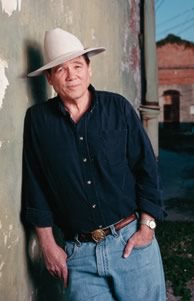 All the main characters in this book have the potential for good and evil, which is kind of a modern sensibility. How or why did you bring that to the stories?
All the main characters in this book have the potential for good and evil, which is kind of a modern sensibility. How or why did you bring that to the stories?
The challenge for every writer is to create characters who are both good and evil. It's the contradictions in us that allow us our moral vision. All truth, all wisdom, in some way is born out of pain. A person's humanity usually exists in direct proportion to the amount of pain he has suffered. In much of what I write, the very rich are people who are insular in nature. I'm not indicating they're evil, but this has been my experience with them. There is a strange kind of pathology inside the culture of the very rich; they do not understand suffering, but the consequence is they don't understand joy, either.
Nobody had any money back when I was a kid, but we never thought in those kind of terms. But my dad had a job, and if your father had a job back in the Depression, you were in tall cotton. But the things that we did had a special meaning to us, things that maybe young people today wouldn't consider of much importance.
The country was a different country back then. We were a united country because during the war years, everyone knew what would happen if we lost: the civilization would die. People would make sacrifices because there was a tremendous sense of unity and a sense of confidence about the righteousness of our cause.
Many of your characters have a military background, and they've come back broken from their various wars. Why is that a common theme?
Their lives are emblematic of the lives of a nation that's in in transition away from the era in which I was born. Back then, we had great confidence about our moral direction as a nation, as an egalitarian, Jeffersonian society. But we've moved into a time when it's obvious we're in flux, but I don't know what's on the other side of the bridge. I think that we're just beginning a very long journey that was precipitated by 9/11 and then our commitment, or Bush's commitment, to the Mideast. It's gonna be a long time before we extract ourselves.
Why did you choose the song "My Creole Belle" for this novel?
I based part of the theme on the character of the young girl Tee Jolee Melton, who represents the Louisiana of Dave's youth. He finds Tee Jolee has become jaded, and she's for sale. And he refers to Louisiana as the great whore of Babylon--you fall in love with the great whore of Babylon, it's not easy to extract yourself from her arms. You pay a large penalty.
Louisiana is a sybaritic culture. But it's for sale. And the people who come in there, I mean, everybody has used the state: the Mafia has, the corrupted unions, the gambling industry. It's because it's easy to take advantage of the system. Over and over again. The people are very vulnerable. The Acadian (Cajun) people are very simple and gentle and they're very trusting. And many of them are illiterate. Louisiana has the highest illiteracy rate in the country. And they're easily taken advantage of. --Rob LeFebvre, freelance writer & editor
James Lee Burke: The Benefits of a Classical Education
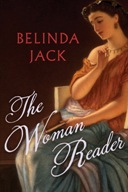 "Women's access to the written word has been a particular source of anxiety for men--and indeed some women--almost from the very beginning." Women's reading has been associated with moral corruption, even today. Women have been, and are, denied an education to prevent them from reading.
"Women's access to the written word has been a particular source of anxiety for men--and indeed some women--almost from the very beginning." Women's reading has been associated with moral corruption, even today. Women have been, and are, denied an education to prevent them from reading.


 Creole Belle (Simon & Schuster) is the latest in
Creole Belle (Simon & Schuster) is the latest in  All the main characters in this book have the potential for good and evil, which is kind of a modern sensibility. How or why did you bring that to the stories?
All the main characters in this book have the potential for good and evil, which is kind of a modern sensibility. How or why did you bring that to the stories?